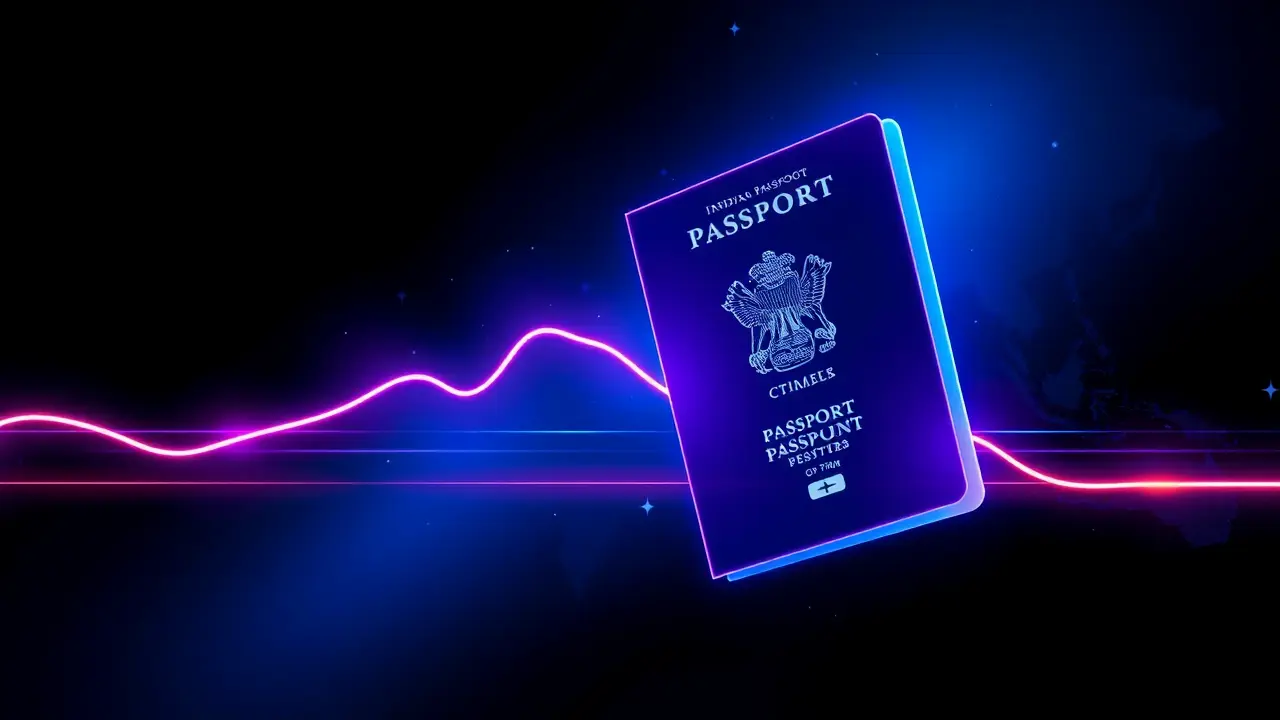
Othertravel & tourismVisa and Entry Policies
Indian Passport's Global Ranking Declines Despite More Visa-Free Access
RO
Robert Hayes
2 days ago7 min read
The recent decline in the global ranking of the Indian passport, despite a nominal increase in visa-free destinations, presents a geopolitical puzzle worthy of deep historical analysis. This paradox is not merely a matter of travel convenience but a stark indicator of shifting international power dynamics and the relative velocity of national progress on the world stage.A decade ago, an Indian passport holder could access approximately 52 countries without a prior visa; today, that number has climbed to roughly 62, a seemingly positive trajectory. Yet, in the same period, India's position on the Henley Passport Index, the premier ranking of global travel freedom, has slipped from the 70s into the 80s.The explanation lies not in India standing still, but in other nations—its peers and competitors—sprinting ahead with greater diplomatic agility and economic integration. Consider the meteoric rise of the United Arab Emirates, which has methodically leveraged its economic might to secure visa-waiver agreements, catapulting its passport into the top tier.Similarly, nations like Singapore, Japan, and Germany consistently engage in the quiet, relentless diplomacy of bilateral agreements, treating passport strength as a core component of national strategy. For India, the narrative is more complex.Its burgeoning economic power and strategic importance are undeniable, yet this has not fully translated into the soft-power currency of visa-free access. The shadow of domestic challenges—bureaucratic inertia, internal security concerns perceived abroad, and a sometimes fraught relationship with neighboring powers—creates a drag on its diplomatic outreach.The European Union and the United States, the two most coveted zones for visa-free travel, remain formidable fortresses, their gates opened only to nations that meet stringent benchmarks on everything from passport security features to overstay rates and bilateral risk assessments. This situation is reminiscent of the Cold War era, where passport strength was a direct reflection of geopolitical alignment and internal political stability.The current stagnation suggests that while India is making gains, it is in a race where the finish line is constantly moving. The consequence is tangible: for the Indian entrepreneur, the academic, the artist, and the tourist, this ranking represents a tax on time, resources, and opportunity, a friction that hinders the global exchange that fuels modern economies.Without a concerted, whole-of-government approach that treats passport power with the same seriousness as trade negotiations or defense partnerships, India risks winning small battles of access while losing the larger war for global influence and mobility. The passport, in the end, is more than a travel document; it is a report card on a nation's standing in the community of nations, and the latest grades suggest there is much homework left to do.
#lead focus news
#Indian passport
#global ranking
#visa-free travel
#diplomacy
#travel freedom
Stay Informed. Act Smarter.
Get weekly highlights, major headlines, and expert insights — then put your knowledge to work in our live prediction markets.
Comments
It’s quiet here...Start the conversation by leaving the first comment.
© 2025 Outpoll Service LTD. All rights reserved.